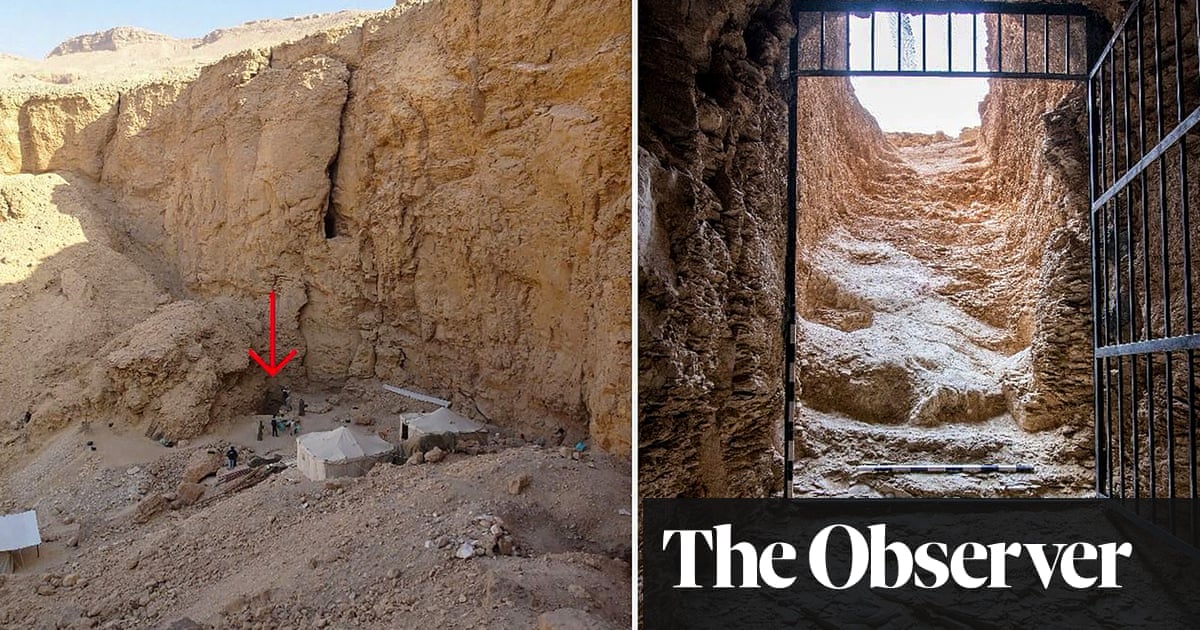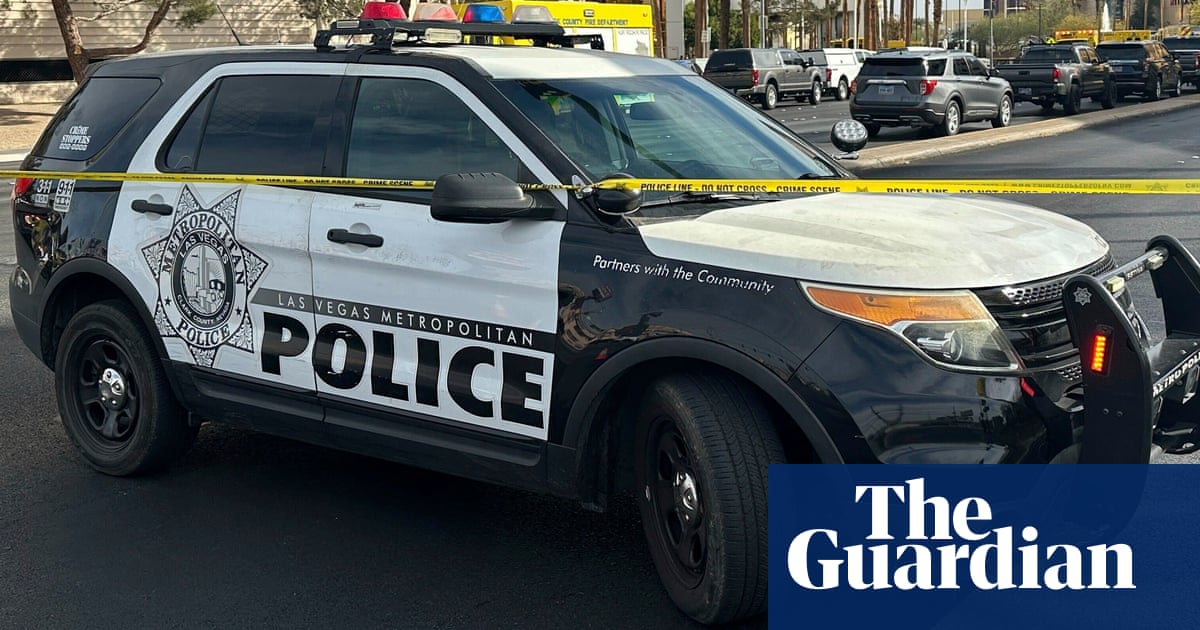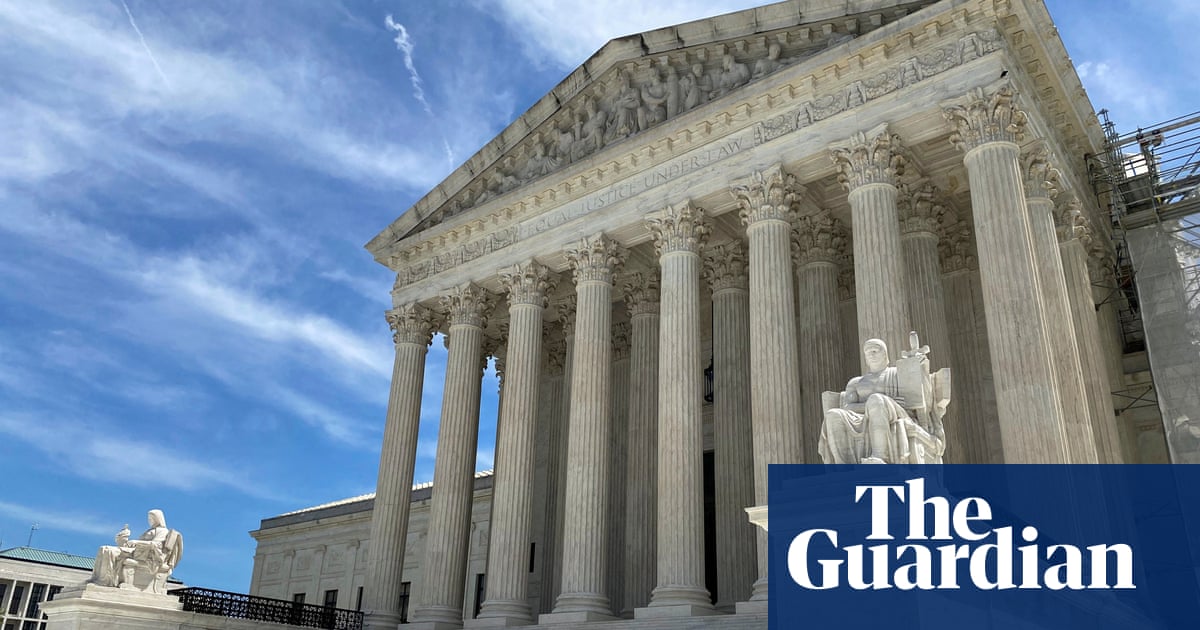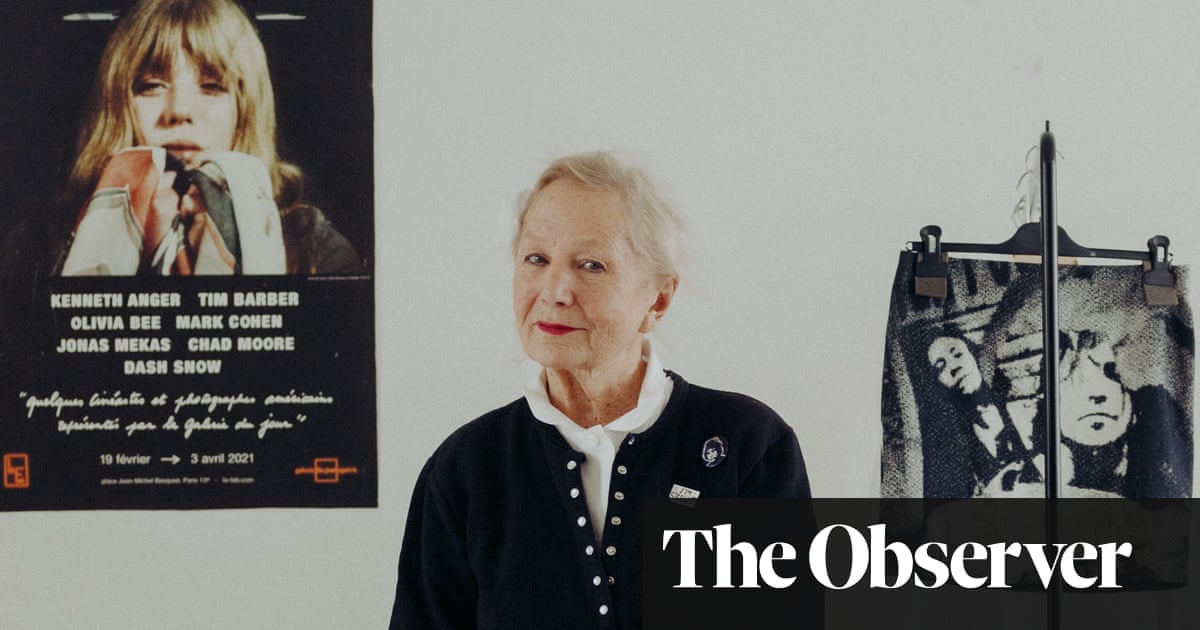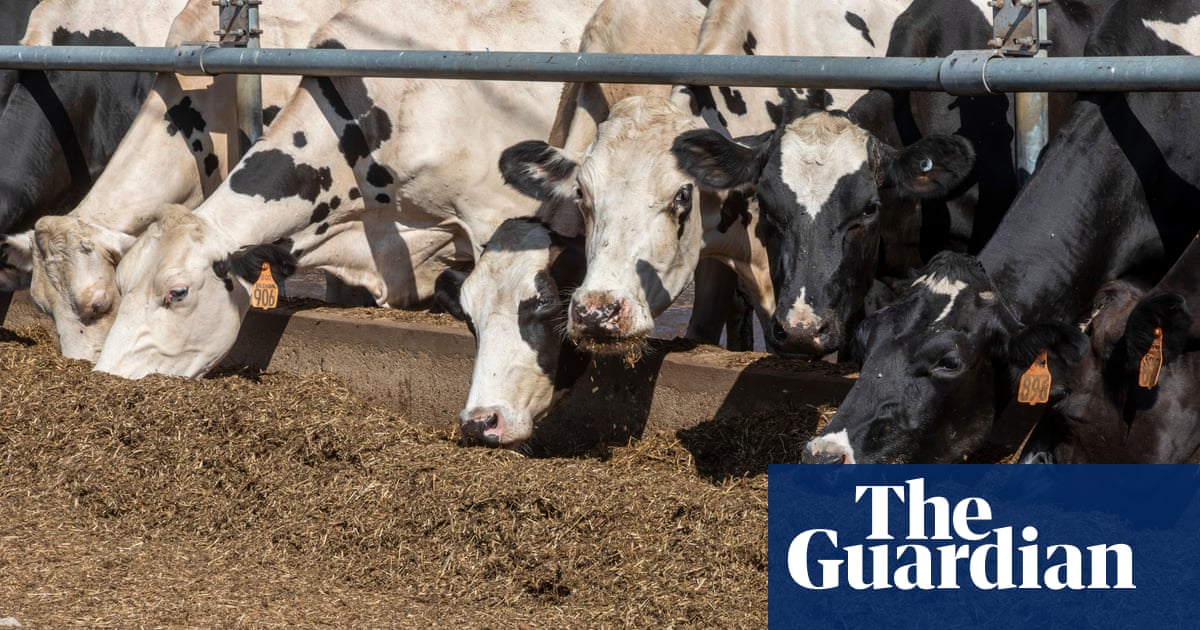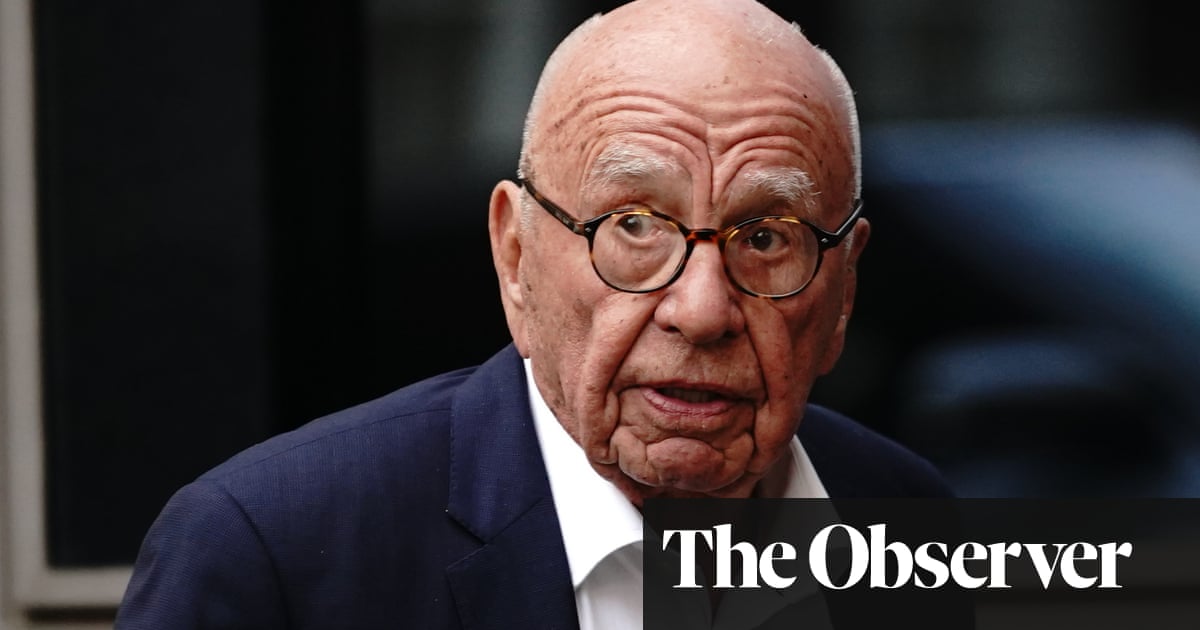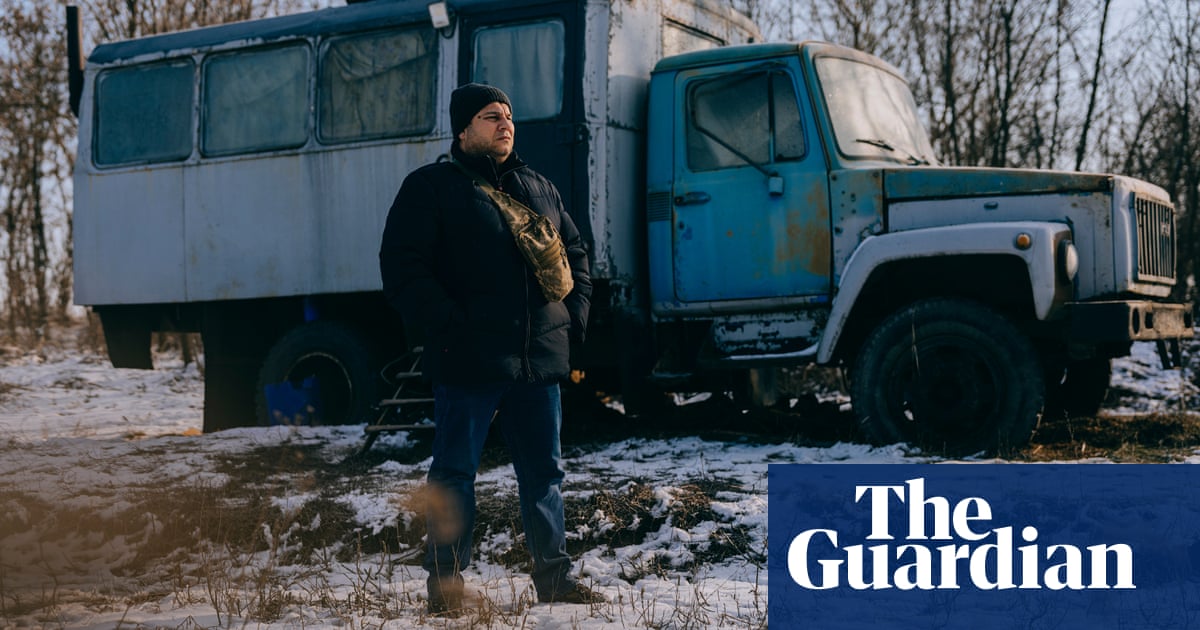Boost to Cop as G20 reaffirms transition from fossil fuels

Fiona Harvey
Good news for progress at Cop29 came not from Baku but from Rio de Janeiro early on the morning of day eight of the log jammed talks, writes Fiona Harvey, Guardian environment editor.
The G20 communique contained key lines on the climate that confirmed the world would transition away from fossil fuels.
The leaders of the G20 group of the biggest developed and developing economies met in Brazil to talk geopolitics, and climate was high on the agenda – despite the reluctance of countries such as Saudi Arabia, Russia and India.
At Baku, the Saudis have tried hard to unpick the resolution to transition away from fossil fuels, made a year ago. They tried to sideline it into discussions of finance at the early agenda meetings. A large coalition of developed and developing countries pushed back on this, keeping the transition language in play. But it has been a tough fight, with some delegations grumbling that the Cop presidency was not sufficiently on the ball on the issue.
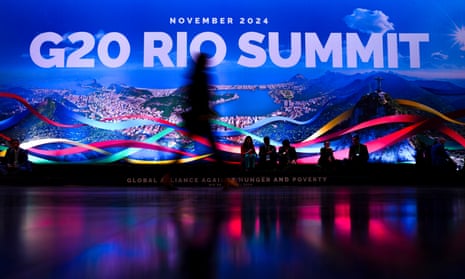
The boost from the G20 will help those trying to get strong affirmatory language on the transition as a key outcome from Cop29.
The term “transition away from fossil fuels” was not in the G20 communique, but the document – signed off on by all G20 leaders – referred to the outcome of the Cop28 talks a year ago in Dubai. At that meeting, the resolution to “transition away from fossil fuels” was contained in paragraph 28 of the outcome under the “global stocktake”.
The G20 said:
We welcome and fully subscribe to the ambitious and balanced outcome of the UN Climate Change Conference in Dubai (COP28), in particular the UAE Consensus and its first Global Stocktake of the Paris Agreement (GST-1).
We will respond positively to the GST-1 encouragement for Parties to the Paris Agreement to come forward in their next nationally determined contributions with ambitious, economy-wide emission reduction targets, covering all greenhouse gases, sectors and categories and aligned with limiting global warming to 1.5 C, as informed by the latest science, in the light of different national circumstances.
It may seem convoluted, but this is a boost to Cop29 and this seeking to ensure the Cop28 resolution to transition away from fossil fuels is built on and not abandoned. Civil society groups cheered the move.
Jasper Inventor, Head of COP29 Greenpeace Delegation, said:
This is a positive signal from the G20, that despite their differences, they’ve reaffirmed their support for an agreement to be reached at Cop29 on the new climate finance goal. This momentum must now be translated into concrete outcomes in Baku. Amid slow Cop29 progress, the world must find ways to keep bridging divisions because the escalating climate impacts will not spare any country and jointly taking action is in all our best interests.
The finance goal to be agreed at Cop29 needs to significantly scale up public finance and it’s time for the polluting fossil fuel industry to pay up as a critical source of financing. We hope the G20 declaration will propel talks in Baku to the positive outcome the world desperately needs.
G20 reaffirmation of the Cop28 Global Stocktake and a commitment to respond to that in their climate action plans, due next year, is likewise welcomed. Accounting for around 75% of global emissions, the G20 has a responsibility to lead climate action, so it was disheartening they did not explicitly reaffirm the landmark Cop28 language on the transition away from fossil fuels. This is an agenda that must now be at the heart of Brazil’s Cop30 presidency.
Brazil’s leadership at the G20 is an important step, demonstrating its commitment to driving bold action to address the climate crisis. By uniting like-minded countries, Brazil can set the tone for decisive climate action, rallying the world’s largest economies towards a strong multilateral collaboration around climate. This leadership is pivotal to ensuring Cop30 delivers ambitious outcomes, reinforcing the global commitment needed to stop the climate crisis.
Responding to the outcome of the G20, Christian Aid’s Global Advocacy Lead, Mariana Paoli, from Brazil, said.
In their communiqué it was encouraging to see the G20 countries recognising that climate finance needs to be in trillions, not billions. That is the scale of the need in developing countries facing the climate crisis and is what the outcome at Cop29 needs to address. Public finance is essential to deliver the climate finance goal.
For a long time vulnerable nations and civil society have been pushing governments to adopt innovative taxation to raise the needed finance for climate change. So it’s good to see the communiqué talk about the role of taxation on the ultra-rich individuals who are often some of the biggest polluters. Making polluters pay and addressing tax dodging are additional elements that should be considered.
We have a few days left here in Baku to build on this signal received from Brazil and agree a transformative new finance goal which actually shows rich nations are taking the climate crisis seriously.
It was disappointing that there was no clear call for fossil fuel phase out and the role dirty energy has played in causing the climate crisis. The human cost of inaction on fossil fuels will be paid in the lives and livelihoods of the most vulnerable.
Key events Show key events only Please turn on JavaScript to use this feature
Cop29 negotiations aren’t moving fast enough, according to one of the Pacific leaders attending the summit in Baku.
Surangel Whipps Jr, the president of the republic of Palau, has written an op-ed for the Guardian in which he describes the relentless invasion of his country’s coastlines by rising seawater and calls for bolder action by negotiators. He says:
The importance of these issues to Pacific countries cannot be understated. Around the world, conversations on global security often revolve around invasions, acts of terrorism and threats to peace. For us, the climate crisis is our invasion. It’s a relentless, unyielding force that attacks our food security, our economy, our culture and our very existence.
We want to access sufficient, predictable, grants-based climate finance to address our climate change needs and priorities. These climate finance mechanisms should be scalable, contextual, flexible and predictable.
The reality is that we don’t have time. We are battling an enemy that strikes hardest at those who have contributed the least to global warming, marine pollution and environmental degradation.
Click below to read more:
Raising funds to finance climate fight is feasible, economists say

Fiona Harvey
Leading economists have said that raising money needed to tackle the climate crisis need not be a burden on overstretched government budgets, writes Guardian environment editor Fiona Harvey.
The sums needed – approximately $1tn a year by 2030 – are achievable without disruption to the global economy, and would help to generate greener economic growth for the future.

Amar Bhattacharya, a senior fellow at the Brookings Institution, and a visiting professor at the London School of Economics, who is the executive secretary of the UN’s independent high-level expert group (IHLEG) on climate finance, said:
Is it feasible? The answer is absolutely yes. Is it politically challenging? The answer is also yes. But I do believe it can be done.
Without such investment, the world faces a future of economic damage, rampant inflation and the reversal of gains made in recent decades to pull poor countries out of destitution, the UN has warned.
Simon Stiell, the UN’s climate chief, said:
When nations can’t climate-proof their links in global supply chains, every nation in an interconnected global economy pays the price. And I mean literally pays the price, in the form of higher inflation, especially in food prices, as savage droughts, wildfires and floods rip through food production.
Click below to read more:
https://www.theguardian.com/environment/2024/nov/19/it-is-feasible-climate-finance-wont-burden-rich-countries-say-economists
Climate talks run into 'valley of death' as negotiations drag on

Adam Morton
It’s day eight at the Cop29 talks in Baku and negotiators have run into what some describe as the “valley of death” that can hit UN climate talks at about this point, writes Adam Morton, Guardian Australia’s climate and environment editor.
The climate crisis is a bleak enough subject to begin with, and a sense of madness can descend on delegates after more than a week of long days stuck with tens of thousands of others in overheated and mostly personality-free temporary rooms built in the bowels of a football stadium.
That doesn’t mean the situation is necessarily hopeless – agreements have been plucked from this situation before – but just that this is about the time, with four seemingly endless days to go, when it can feel like it.

Negotiations between climate and environment ministers on the centrepiece issue at the summit – how to design a new model for climate finance for developing countries that can meaningfully and fairly deliver at least US$1tn a year – continues.
One of the ministers co-chairing that stream of talks, Chris Bowen, Australia’s minister for climate change and energy, described leading the talks in this area, where different countries still hold such divergent views, as being like trying to build a “four dimensional jigsaw puzzle” in which nearly 200 countries get a say in where the pieces go.
After obstruction from some oil states, work has also restarted on how to turn the Cop28 consensus agreement that the world needs to transition away from fossil fuels into something tangible.
It is unclear where, or if, any of this will land. But the incentive of trying to get a deal before things get even more challenging following the arrival of a second Trump administration next year is significant. And there is enough time left.
Good morning Cop-watchers! This is Damien Gayle, environment correspondent, writing from London, getting you started today with the latest news from Cop29 in Baku.
I’ll be anchoring the live blog today while our team of reporters in the Azerbaijani capital send in the the latest news from the UN climate summit negotiations.
Remember that we are always happy to hear your comments, tips and suggestions for what we should be covering, and that you can reach me at [email protected].

 3 months ago
65
3 months ago
65


